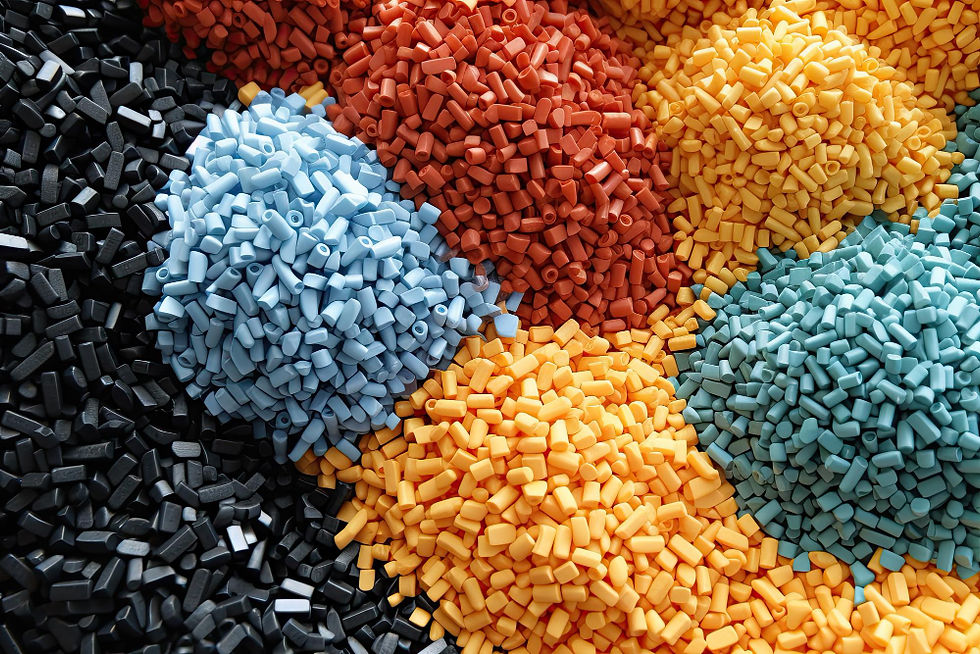Scientists Grow Brain in 3D-Printed Bioreactor
- Jun 8, 2021
- 2 min read

3D-printing is allowing people to do some extraordinary things.
Not long ago, we wrote about a group of scientists who used 3D printing to produce an artificial human tongue, and now researchers at the Indian Institute of Technology Madras have used a 3D-printed bioreactor to grow an organoid of human brain cells.
What is an organoid?
Organoids are biological systems that are grown in petri dishes which then organise themselves into the 3D cellular structure of specific organs.
This method has its limitations, as the bigger the organoid grows, the less nutrients it gets, leading to cell death and a stop in growth.
How does the bioreactor help?
Using the bioreactor, the researchers were able to grow an organoid of human brain cells for an entire week, with nutrients being pumped in and out just as a human brain would.
To avoid cell death, the 3D-printed bioreactor delivers the needed nutrients and removes gases through microfluidic channels.
The team were able to see that the organoid had begun to form a structure that looked a lot like cavities found in a real brain. The surrounding tissue even seemed to have a similar cellular formation of a neocortex!
The power of 3D-printing
3D printing has been repeatedly shown to be a hugely versatile production method, with it being used to address California’s housing crisis, revolutionise production lines and much more.
At Amey Plastics we work extensively with 3D-printing, and our highly skilled team of CAD designers can help with projects from concept through to finished product.
We work with a variety of sectors, meeting a wide range of requirements, producing a highly precise 3D printed models.
To find out how we could help you with your project, contact us now by calling 01730 266525, or emailing us at sales@ameyplasticsltd.co.uk. You can also view our latest case study here.




Comments